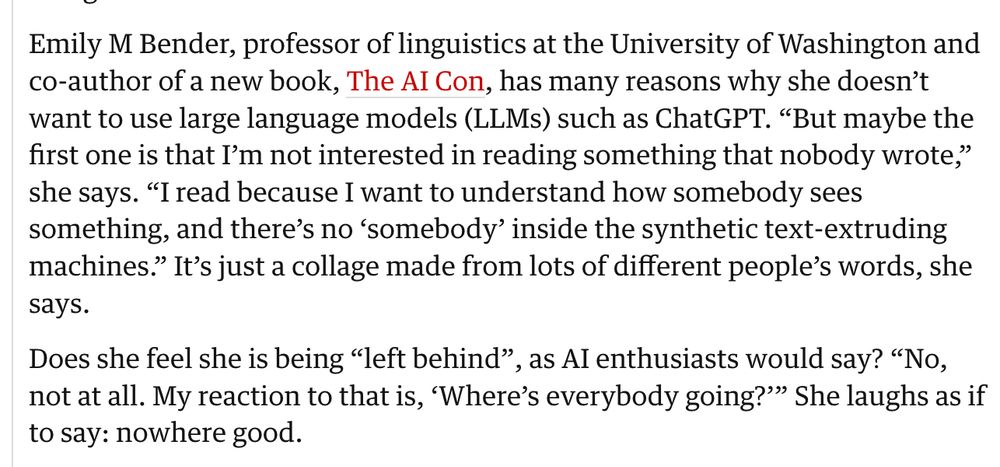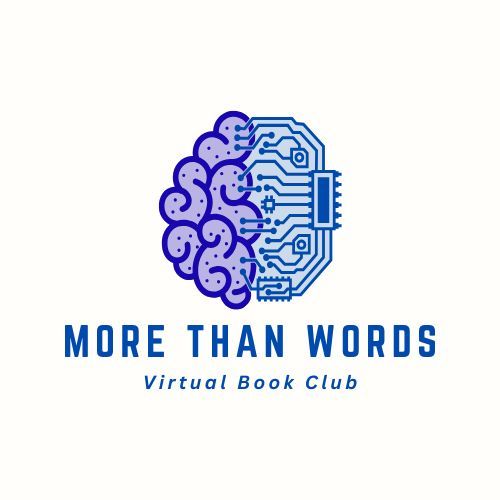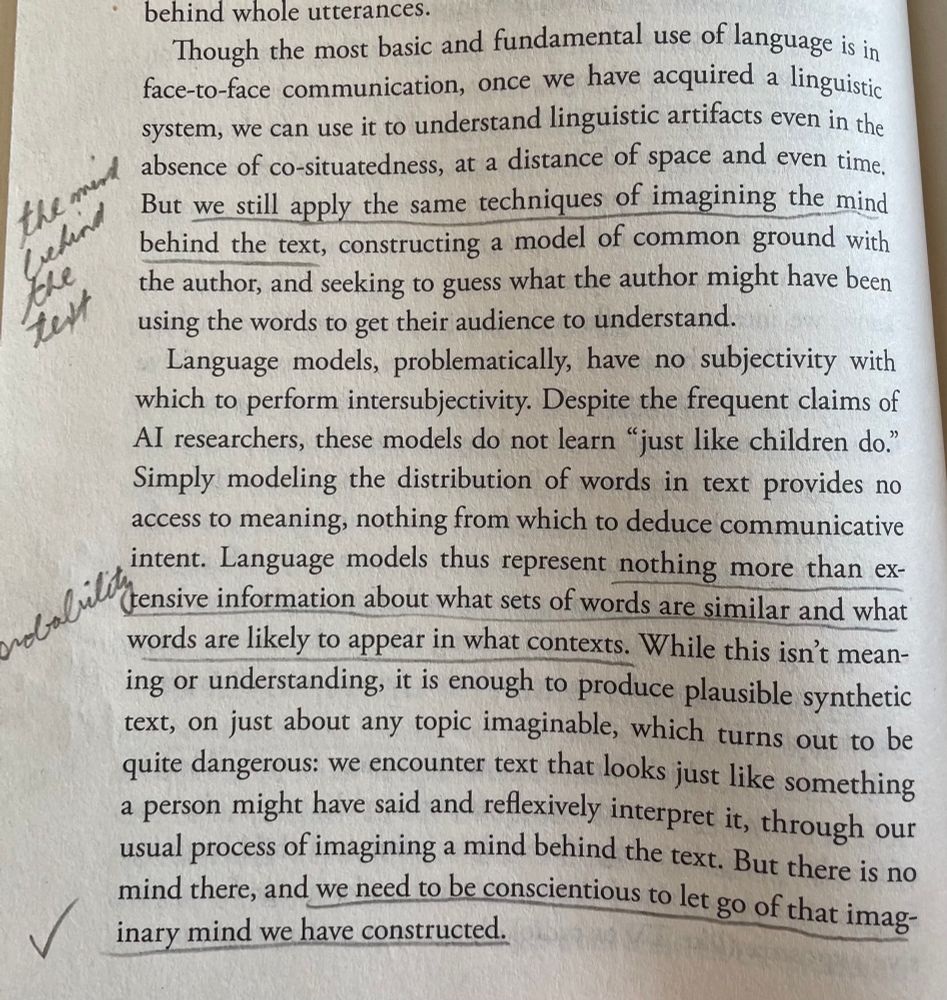David Buck
@dbuckedu.bsky.social
1.9K followers
3K following
780 posts
Professor of English at a community college. Teaching composition (online & hybrid). #TempleMade. Interested in #SDGs, #pedagogy, #ungrading, #AIResistance, & #OER. Ungrading.weebly.com
Posts
Media
Videos
Starter Packs
David Buck
@dbuckedu.bsky.social
· Aug 26
David Buck
@dbuckedu.bsky.social
· Aug 25
David Buck
@dbuckedu.bsky.social
· Aug 25
David Buck
@dbuckedu.bsky.social
· Jul 24
David Buck
@dbuckedu.bsky.social
· Jul 24
Reposted by David Buck
Jeffrey Austin
@jaustinedu.bsky.social
· Jun 22
Reposted by David Buck
Katie Mack
@astrokatie.com
· Jun 19
Reposted by David Buck
John Warner
@biblioracle.bsky.social
· Jun 18
Reposted by David Buck
Reposted by David Buck
David Buck
@dbuckedu.bsky.social
· May 30
David Buck
@dbuckedu.bsky.social
· May 30
David Buck
@dbuckedu.bsky.social
· May 30
David Buck
@dbuckedu.bsky.social
· May 30
David Buck
@dbuckedu.bsky.social
· May 30
Reposted by David Buck
Jeffrey Austin
@jaustinedu.bsky.social
· May 30
Reposted by David Buck
David Buck
@dbuckedu.bsky.social
· May 17
David Buck
@dbuckedu.bsky.social
· May 17








